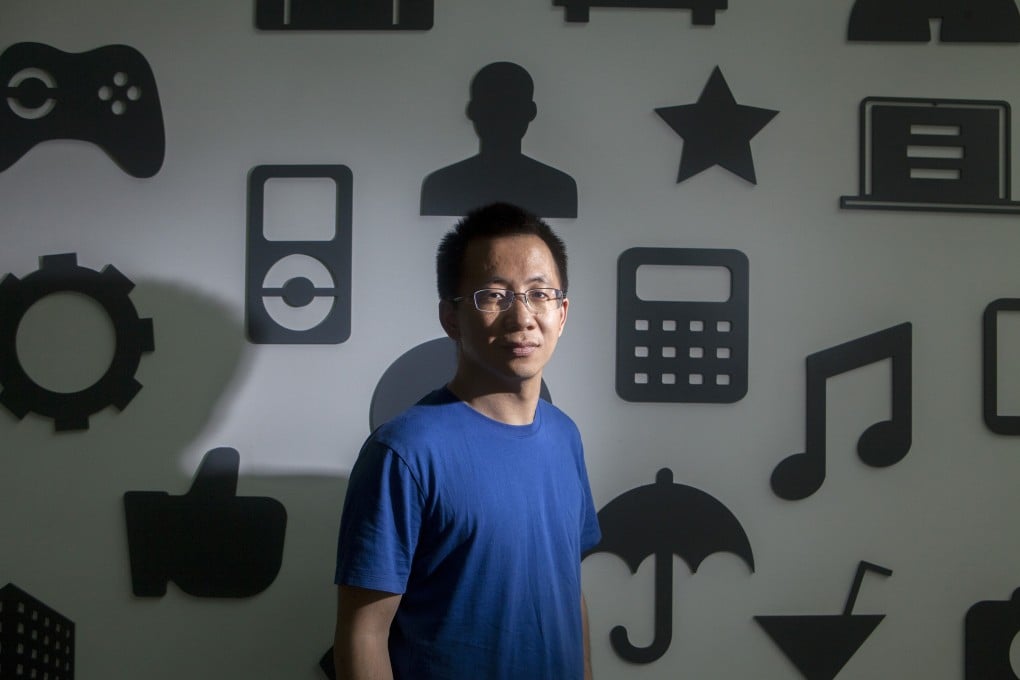Will ByteDance founder Zhang Yiming remain in charge after his surprise decision to step down as CEO?
- Zhang, who is the face of ByteDance, is likely to continue wielding power behind the scenes through his 25 per cent ownership and influence over company executives
- The founder’s resignation as CEO came shortly after ByteDance hit a speed bump in its plan to file for an initial public offering

The surprise resignation of ByteDance founder Zhang Yiming as chief executive has left many unanswered questions at the tech unicorn, not the least being “why now” and “what’s next” for the company behind hit short video-sharing apps Tik Tok and Douyin.
Perhaps the most intriguing question is whether Zhang, who created ByteDance in a Beijing residential flat nine years ago, will remain the de facto boss after he officially cedes day-to-day responsibilities to his co-founder and college dormitory buddy Liang Rubo over the next six months.
Zhang, 38, who is the face of ByteDance as Mark Zuckerberg is for Facebook and Pony Ma Huateng for Tencent Holdings, is likely to continue wielding power behind the scenes through his equity holdings, as well as via his influence over executives, to ensure strategic continuity of the company, analysts said.
“Despite quitting the CEO job, Zhang is still ByteDance’s co-founder and major shareholder, or at least he has agreement with the investors that makes him a key person behind ByteDance,” said Xu Xixiong, a professor of management at Chongqing University.
Xu said shedding the title does not mean Zhang is giving up control of key decision making at the company, one of the world’s largest unicorns with a valuation of nearly US$400 billion.
“His successor is a co-founder … the personnel change wouldn’t have a large impact on its current operations and management,” Xu added.